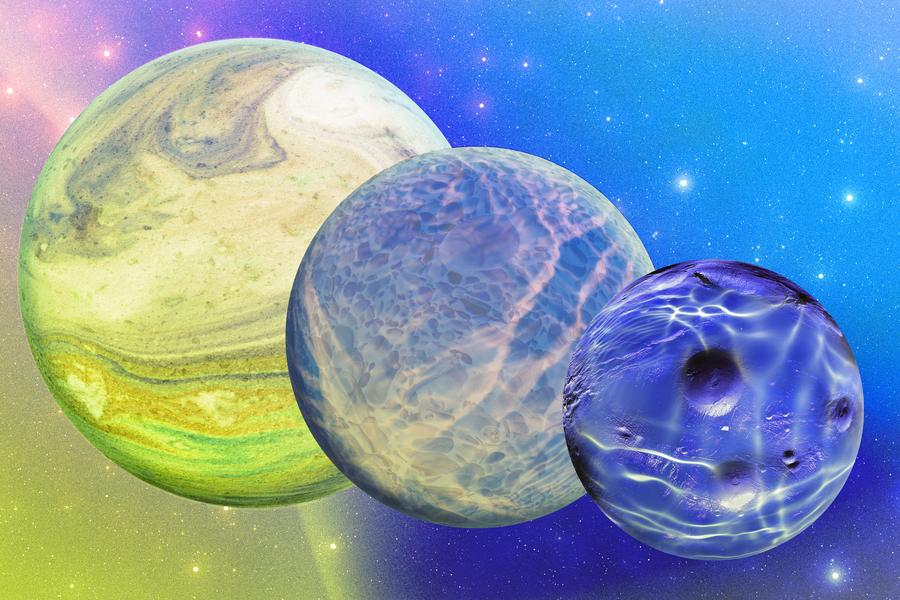Scientists from the Massachusetts Institute of Technology (MIT) have presented a new concept for the existence of life beyond Earth. The research findings, published in the prestigious journal Proceedings of the National Academy of Sciences of the United States of America (PNAS), suggest that organic chemical reactions—and therefore conditions favorable to life—may also occur in environments lacking water.
Co-authoring the article published in PNAS is Dr. Janusz Pętkowski from the Faculty of Environmental Engineering at Wrocław University of Science and Technology. Together with Professor Sara Seager and Dr. Eng. Rachana Agrawal, they proposed a new class of planets capable of sustaining life.
The research team demonstrated that an alternative solvent for biochemical processes could be so-called ionic liquids, which are liquid salts characterized by exceptionally low vapor pressure. Unlike water, these liquids can remain on the surface of rocky planets even under very low atmospheric pressure and high temperatures. Experimental studies confirmed the possibility of their natural formation from simple organic compounds and sulfuric acid, opening a new perspective for understanding the so-called habitable zone.
This new concept indicates that life could also exist on exoplanets lacking liquid water, even in harsh conditions such as those found on Venus. According to the authors, broadening the definition of life-sustaining environments could significantly influence the directions of future exoplanet research, especially in light of new observational capabilities provided by instruments like the James Webb Space Telescope and the emerging European space observatory Ariel.








